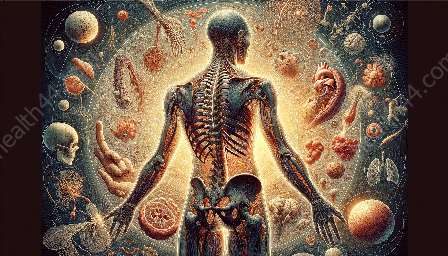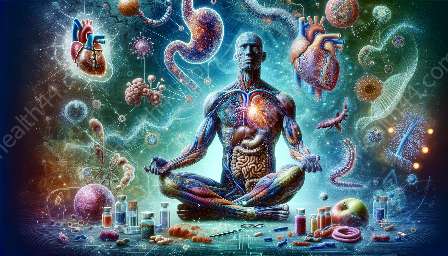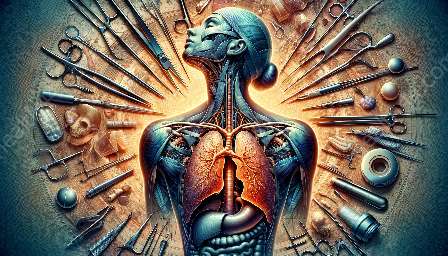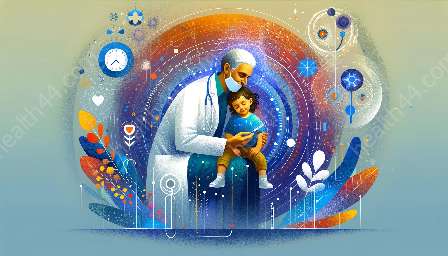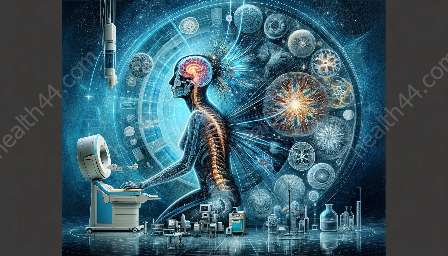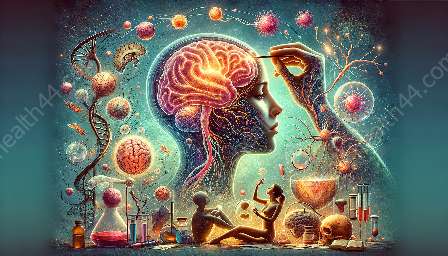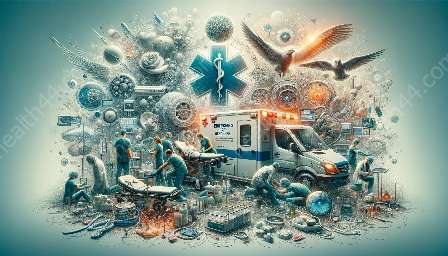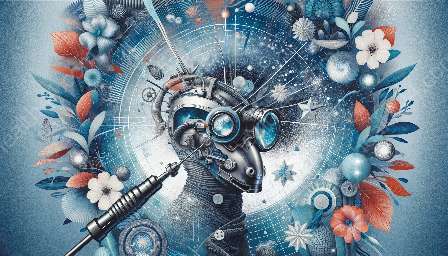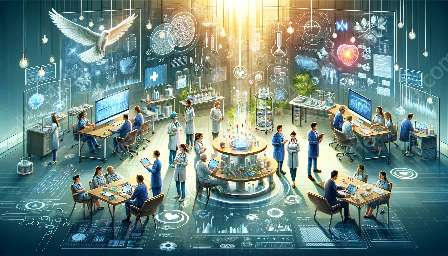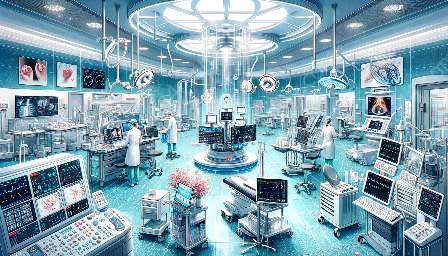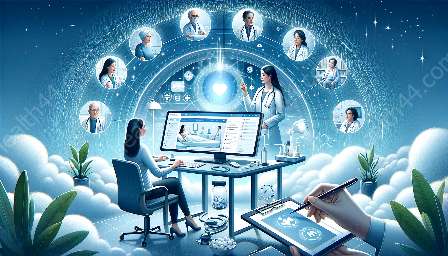Microbiology is the study of microorganisms, including bacteria, viruses, fungi, and protozoa. These tiny organisms play a crucial role in various aspects of health, medicine, and the environment. In this comprehensive guide, we will delve into the fascinating world of microbiology, examining its relevance to medical literature, resources, and human health.
The Importance of Microbiology in Health and Medicine
Microbiology is a cornerstone of modern medicine, influencing diagnosis, treatment, and prevention of diseases. By understanding the characteristics, behavior, and interactions of microorganisms, healthcare professionals can develop effective strategies to combat infectious diseases, such as antibiotics and vaccines.
Medical Literature and Microbiology
Medical literature encompasses a vast array of scientific research, clinical studies, and academic publications related to human health and medicine. Microbiology features prominently in medical literature, with numerous studies focusing on the identification, classification, and mechanisms of action of microorganisms, as well as their implications for human health.
Discoveries in Microbiology
The field of microbiology has revealed groundbreaking discoveries that have revolutionized our understanding of infectious diseases and their impact on human health. From the discovery of penicillin by Sir Alexander Fleming to the development of advanced molecular techniques for microbial identification, microbiology continues to drive innovation in medicine and healthcare.
Microorganisms and Human Health
Microorganisms exert a profound influence on human health, with both beneficial and harmful effects. While some microorganisms contribute to essential processes in the human body, others can cause infectious diseases, presenting a significant challenge to global healthcare systems.
Microbiology and Public Health
The study of microbiology has led to significant advancements in public health strategies, including the implementation of sanitation measures, vaccination programs, and disease surveillance. Understanding the role of microorganisms in the spread of infectious diseases is essential for developing effective public health interventions and safeguarding community well-being.
Microbiology and Medical Resources
Microbiology is closely linked to the development and management of medical resources, including diagnostic tools, antimicrobial agents, and infection control protocols. The integration of microbiological knowledge into medical resources ensures the accurate diagnosis and treatment of infectious diseases, as well as the prevention of healthcare-associated infections.
Application of Microbiology in Healthcare
Microbiology forms the basis for diverse healthcare practices, such as clinical microbiology, epidemiology, and infection control. By leveraging microbiological expertise, healthcare professionals can optimize patient care, prevent the spread of infectious agents, and enhance the safety of medical procedures.
Future Directions in Microbiology and Health
As scientific advancements continue to expand our understanding of microorganisms and their impact on health, the field of microbiology is poised to shape the future of healthcare. From the development of novel antimicrobial therapies to the exploration of the microbiome's role in human health, ongoing research in microbiology promises to unlock new opportunities for improving global health outcomes.

